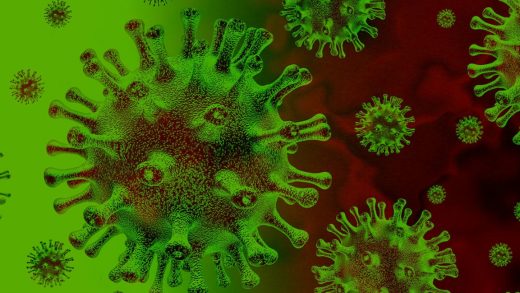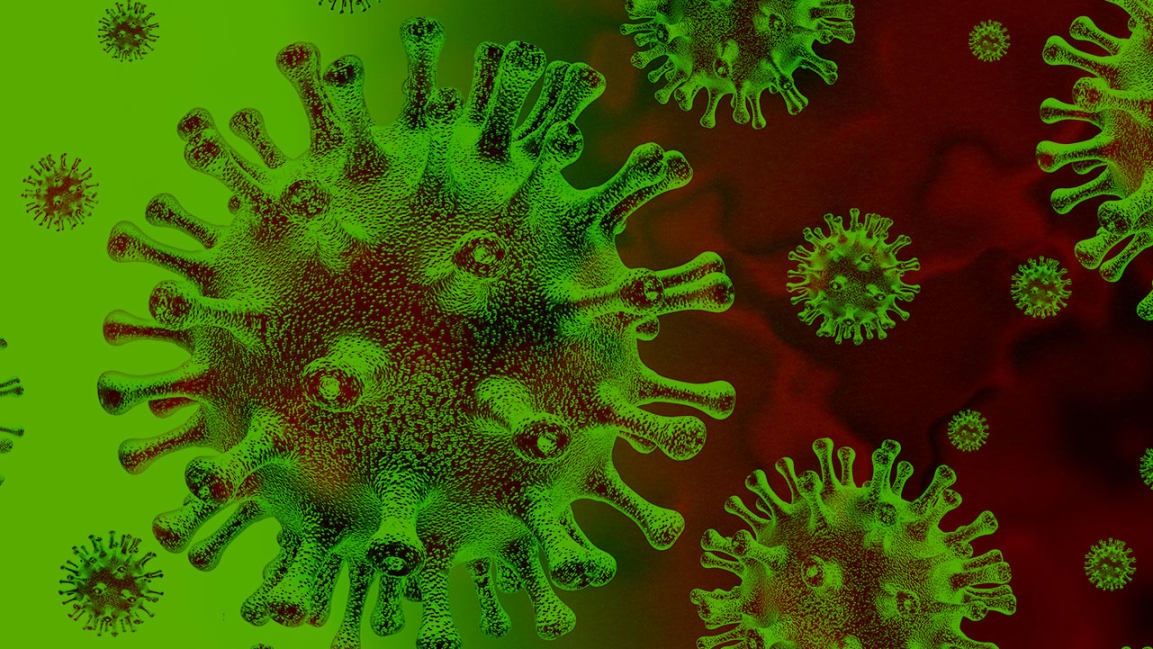Omicron incubation period: What to know about the time period between infection and symptoms
Research continues to emerge on the highly transmissible omicron variant, which went from being unknown a few short weeks ago to the dominant strain of COVID-19 in the United States this week. Although much is still unknown about omicron, the remarkable speed of its spread indicates that it has a shorter incubation period than earlier variants.
The incubation period is the period from when a person becomes infected to when they start showing symptoms. According to clinical guidance from the Centers for Disease Control and Prevention (CDC) posted earlier this year, the median incubation period for COVID-19 was thought to be four to five days.
But that was then. As we wrote last week, new research on a large outbreak of omicron cases associated with a Christmas party in Oslo painted a different picture. Among 66 confirmed and 15 probable cases of COVID-19, the median incubation period was three days, with the full reported range of zero to eight days.
Granted, this was only one study with a set of cases not representative of the entire population. (Most of the infected were vaccinated, and the median age was 38.) Moreover, as the Atlantic pointed out, nailing down the incubation period for a virus is not an easy task, especially because data is often self-reported and symptoms are subjective.
At the same time, a shorter incubation period would make sense given the variant’s rapid spread. If you’re fully vaccinated and you’ve been exposed to COVID-19, the CDC recommends that you get tested five to seven days after exposure or when you start feeling symptoms. (Nonvaccinated people are encouraged to test right away and then again in five to seven days.) In the wake of omicron, however, some experts are recommending a shorter window of three to five days.
Given omicrons’s speed, some experts are also calling for a shorter isolation period for people who test positive, as Fast Company‘s Ruth Reader reported earlier this week. While current guidance recommends 10 days from symptom onset, some epidemiologists say this time period should be cut in half—at least for vaccinated people.
For now, more research is needed, but a shorter incubation period creates new public-health challenges in the fight against COVID-19, in part because a faster-moving virus is harder to track and trace.
(36)



